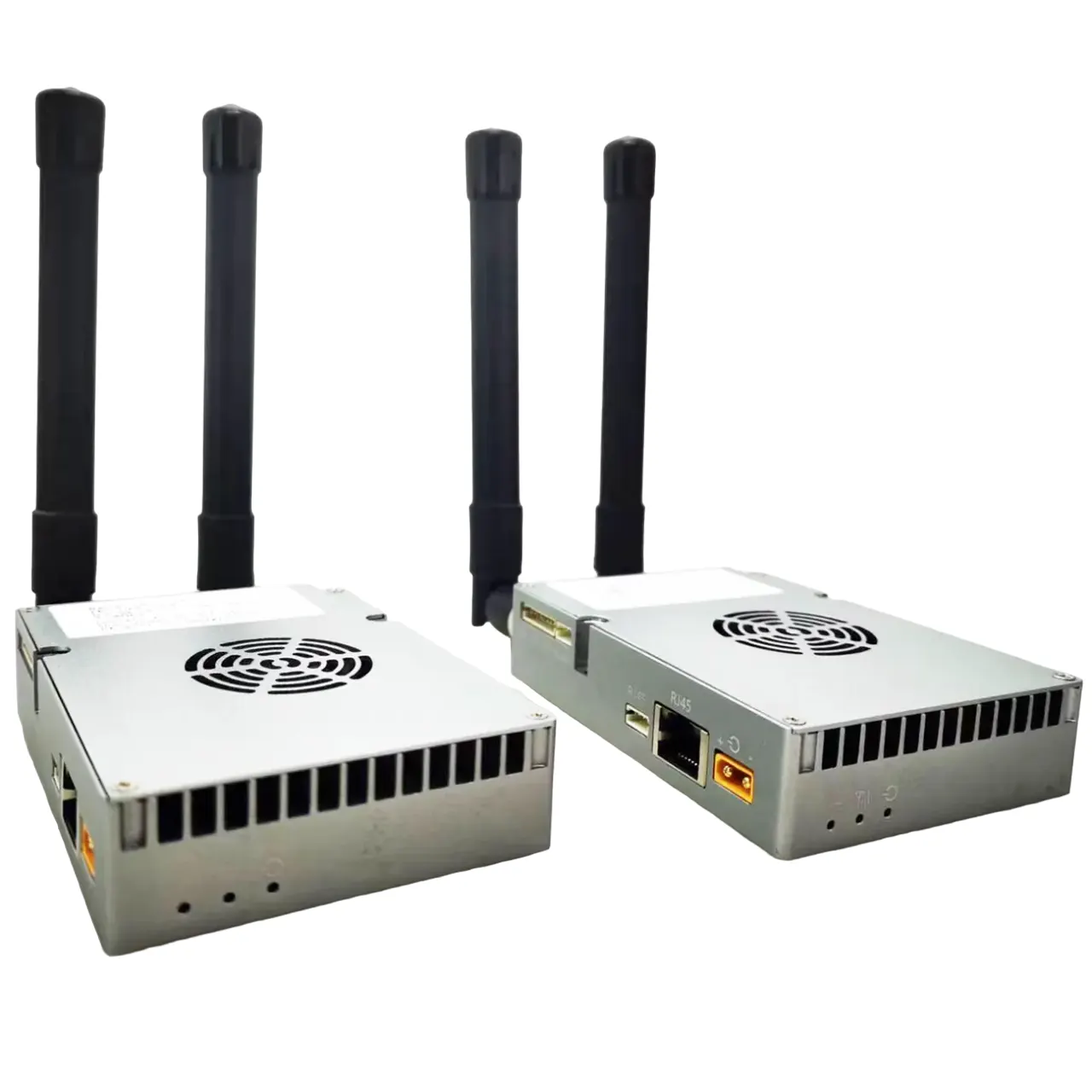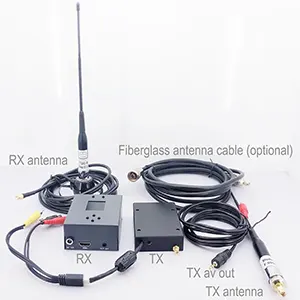HDMI Encoder
HDMI to IP Encoder
HDMI to ISDB-T encoder
Unidirectional One-Way
Mini Size HDMI Encoder Board Over IP Ethernet RJ45 Output modulator H.265 HTTP RSTP UDP ONVIF TCP
HDMI to DVB-T encoder
HDMI input DVB-T RF encoder modulator AV CVBS composite video input 1080P card board kit
FAQs
This HDMI video to IP encoding board can view the current parameter configuration through the network port Web UI and modify it according to application needs. through the network port browser http://192.168.1.30/ (the IP address of the encoding board)
1. Please check the Web UI from the browser, at the below picture, if the video source input is ok, then it will show the CVBS or HDMI at the red arrow.
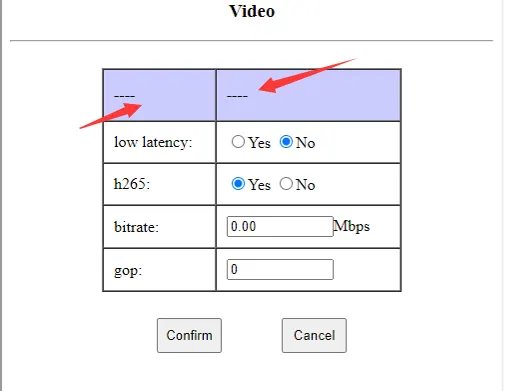

2. Please check the HDMI encoding board LED light is blink or not.
If it is green and blink, then the video input source is working well, if not blink, then please check the video input source is ok or not.
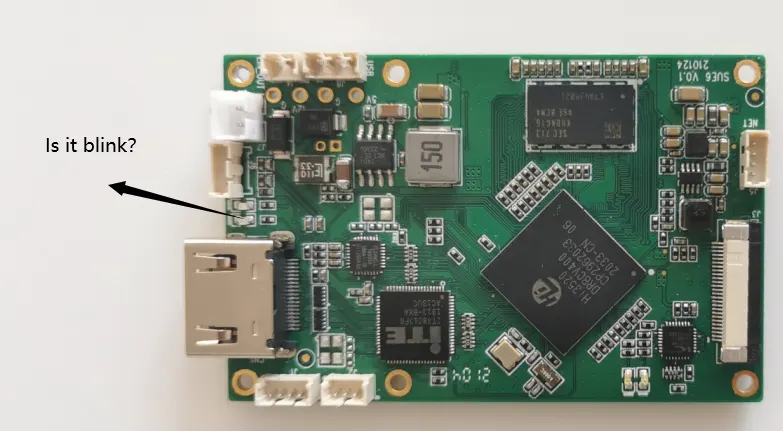
The encoding bitrate can be configured. The default web server is set to 0.0 to represent auto (3.12Mbps will be used internally). Customers can modify this value. For example, it is possible to configure 1Mbps~2Mbps or even lower.
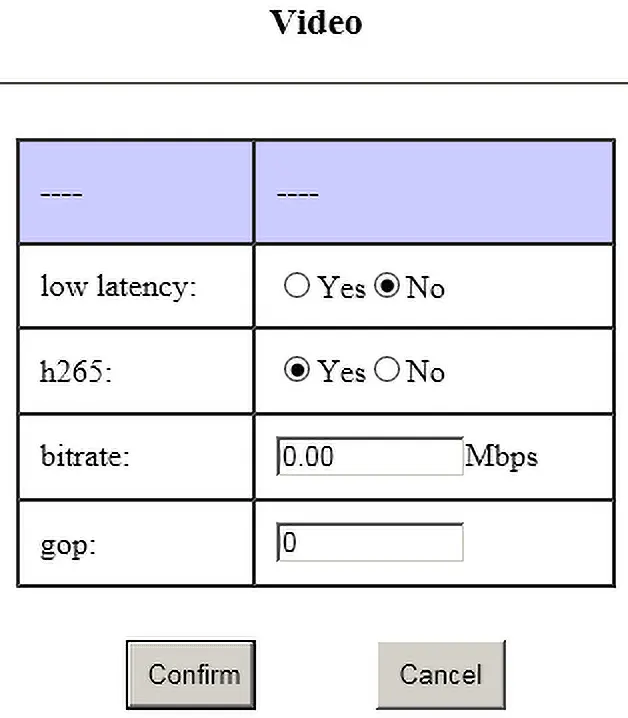
1. Large I-frames are prone to frame loss due to wireless transmission;
2. If the gop setting is large, the loss of the I frame will lead to a longer recovery time after the blurred screen;
3. The size difference between I frame and P frame is large, which will increase the transmission delay.
1、比如相机输入1080p60,那gop设置为60/120/180(不建议设置太大)
2、比如相机输入1080p25,那gop设置为25/50/75(不建议设置太大)
3、比如相机输入1080i60,由于需要去交织,所有实际编码是1080p30,那gop设置为30/60/90
从上面可以看到,由于输入相机帧率不确定,所以我们一般建议配置0(Auto)
cvbs分制式,pal是25fps,ntsc是30fps
假设是pal,那gop设置25/50/75
1、大的I帧容易因为无线传输的原因导致丢帧花屏;
2、gop设置大,I帧丢失导致花屏后恢复时间变长;
3、I帧和P帧大小差别大,会增加传输延迟
Please download at the below link.
Splayer_v4.2_2020.6.6
https://drive.google.com/file/d/1ihzUhfnx2Wo3zLO8UAs1aUQeLswonJD-/view?usp=sharing
Splayer_v4.3_2022.10.22
https://drive.google.com/file/d/1PQc-LZ55qGnjeMsjkHYSloHfY3NEUsGH/view?usp=drive_link
- We can modify the TS stream over UDP, but the TS stream is a non-standard TS stream that we have modified, which needs to be interpreted by our decoder board or special player (Download).
- If you agree with the RTSP protocol, VLC can play it; if you only agree with the TS stream (due to our non-standard modification), VLC cannot decode and play it, so we must use our special player. (Download).
- If you want to switch to the standard MPEG-2 TS stream to play with VLC, our software engineer can customize the firmware for you (this will take a few days) for an additional fee of USD500.
- We use non-standard mpeg-2 ts streams primarily for the following reasons:
- The standard mpeg-2 ts stream has too much overhead outside the effective data, making it unsuitable for use with cofdm;
- The standard mpeg-2 ts stream is difficult to implement the aes encryption function;
- The standard mpeg-2 ts stream is difficult to achieve serial port transparent transmission (used with our decoder board)
- If you don't need our decoder board, encryption and serial port transparent transmission, it is also possible to use standard mpeg-2 ts stream
- It is recommended that you try our player; in real-time performance, our player outperforms vlc.
The vlc player's algorithm does not take into account real-time performance; instead, it will constantly adjust its cache (only increase but not shrink). As a result, the longer it is played, the longer the delay may be (especially when used with a wireless link)
1. SSL certificate is HTTPS protocol, our products do not support it now, only HTTP.
2. The default encoder board through the RTSP protocol, RTSP is not encrypted. You can set a longer password. And change it frequently.
3. If you want to encrypt, you need to use a pair of our codec boards (with encoder and decoder board as TX and RX), with UDP protocol, and they are using aes256 encryption. (Just like the bank level.)
Yes, Sure, please contact us. Let me list your demand at the below.
1. We need to take a composite analog PAL video signal and transmit it using h264 over MPEG2 TS. OK
2. The output must be playable through VLC. OK
3. UPD://@1030. OK
4. The output network stream packet should be 188 bytes standard mpeg2 TS. OK
5. Compression scheme is h. 264, CVBS PAL input and IP output. OK
Sure
Please check the below link
COFDM UART AT command for the transmitter and Receiver.
Or
Download the COFDM Transmitter UART AT command PDF.

Please follow the checkpoints below to confirm.
- After connecting the encoder board with your computer by ethernet cable, the LED of RJ45 connector should be blinking or not. (to check the ethernet connection is ok or not)
- Is your computer configured with 192.168.1.x network segment ip?
- Have you modified the default IP address of the encoding board? If the IP address changed, maybe you can download and use the below software to find what IP address now.
- Or Directly connect the UART cable of the encoding board to the computer, and use the serial port debugging assistant to send the ATGIP_ command.get ip address command Operation Video at Youtube
Format
ATGIP_
Example: ATGIP_
Parameter
No
Use
to query the current IP address of the receiving end
Return value
Example:
ATGIP_
ATGIP192.168.0.215 OK
Remark
- query command
- More COFDM UART AT commands, please check this link. https://ivcan.com/encoder-modulator-decoder-demodulator-module-parameter/
These parameters are determined by the camera, only the sensor has it.
One more question: In the future is there any possibility to incorporate these features in the output side of encoder (if we get volume orders) ?
Our Answer: These are the parameters of the isp, and our current encoding boards are all bypass isp (because we don't connect the sensor, we don't need and can't use the isp), so we can't add these parameters.
Yes, CVBS input support NTSC and PAL, Automatic detection and adaptation
- The parameter configuration board tool is mainly used for the COFDM module function. If you buy this HDMI / CVBS to IP encoder Vcan1746 separately, you don’t need to buy a parameter configuration board tool, you can adjust the parameters through the Web UI.
- Of course, if you want to use the parameter configuration board tool to adjust some parameters of the encoder board, it is also possible.
- For example, the video encoding bit rate can be configured through the Web UI or changed through the extra parameter configuration board tool. The Web UI can configure all the parameters, and the parameter configuration board tool can only adjust some of them.
Ok, please check the below link
Yes, if you need, we can offer you the special firmware to have USB recorder function.
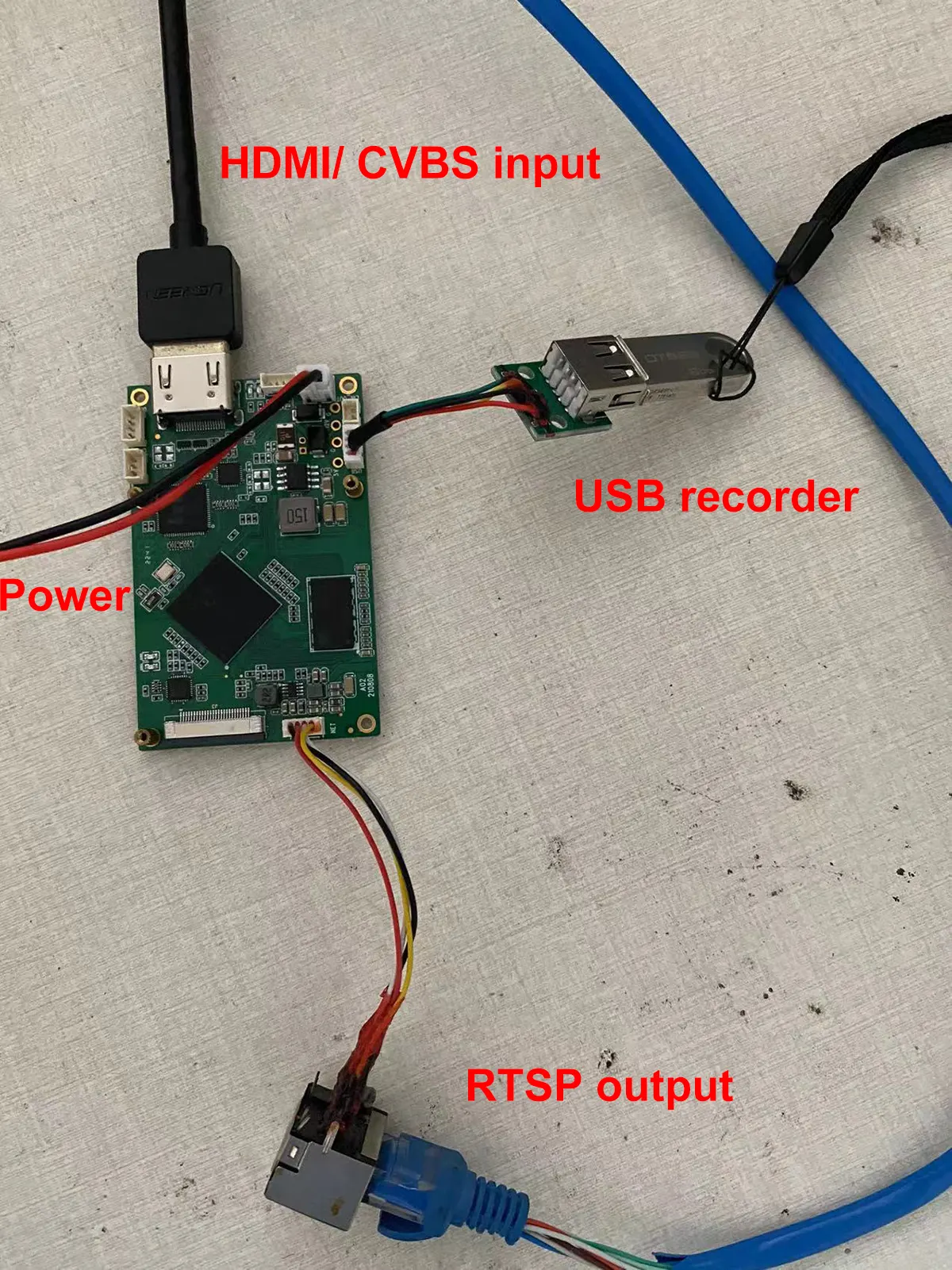
Question: Does your USB DVR support playback on the encoded video?
Answer: No, The USB has the record function. You need to play it on a computer, it can not playback on the encoder board directly.
- Do you mean HDMI or AV input, or do you need HDMI and AV to support two simultaneous inputs?
- Currently it supports either HDMI or AV input.
-
Vcan1746 can only choose one of HDMI/AV at present, other boards can meet the firmware you need, but this board only supports SDI + AV/AHD output.
-
If necessary, you can evaluate the board with SDI + AV/AHD input to see if it meets your requirements. If yes, our HDMI + AV input Vcan1746 can be made the same later.
-
If you really need to evaluate the HDMI + AV interface, please first buy Vcan746 and burn the default shipping firmware for testing. HDMI and AV can be selected for use. If there is a certain amount of follow-up orders, we can develop a special firmware to support HDMI+AV input at the same time.
-
The display of HDMI and CVBS video input by two channels at the same time is similar to Hikvision IPC, which is divided into main bit rate and sub bit stream. The main stream corresponds to HDMI, and the sub stream corresponds to CVBS.
- Now we can develop a new firmware to support HDMI and CVBS to live streaming at the same time, but the audio can only be selected from one of the two (the system selects HDMI audio/analog audio according to the video access situation).
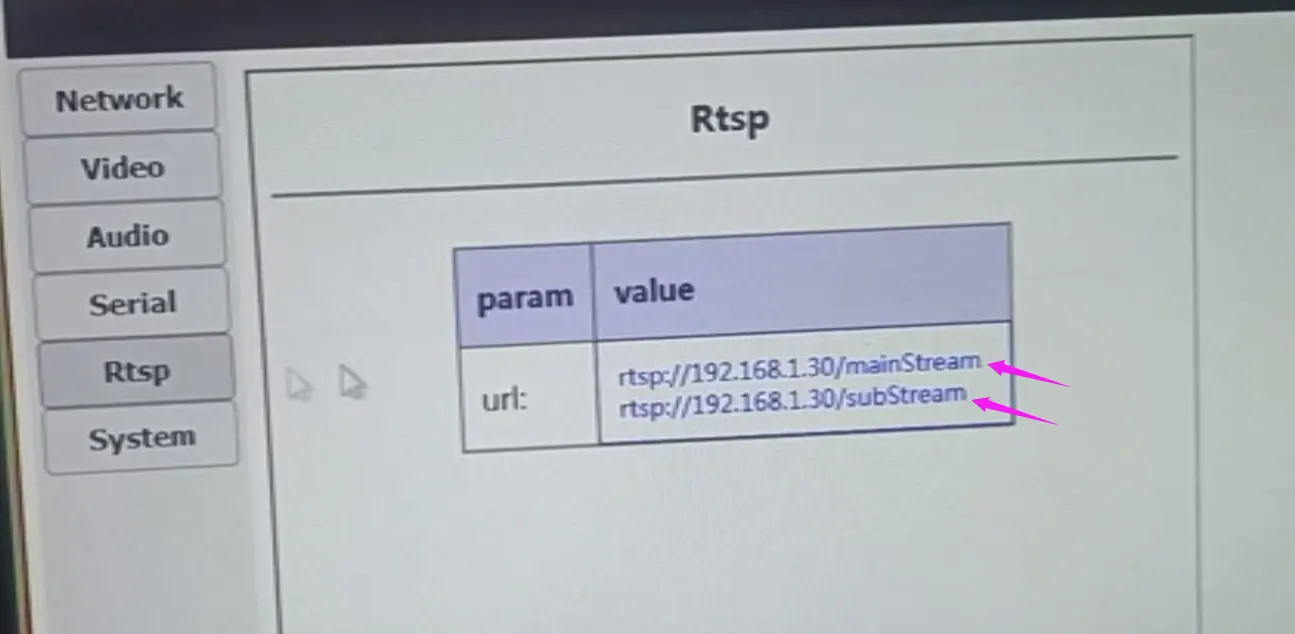

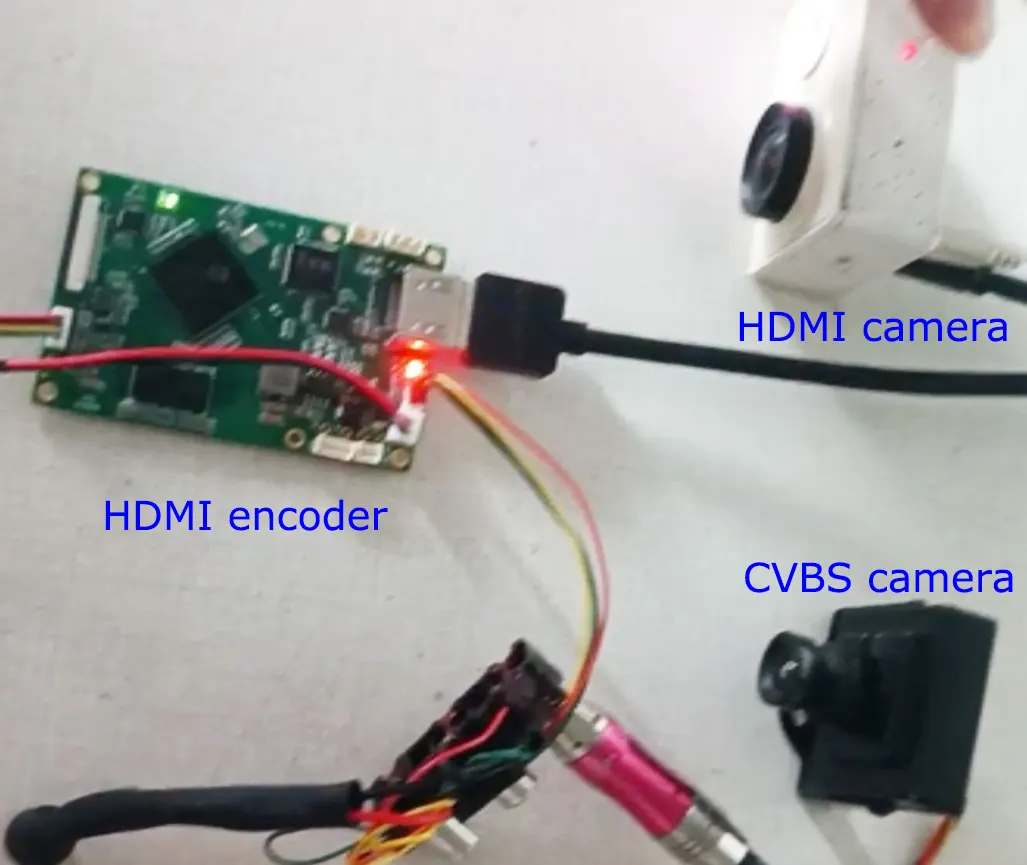
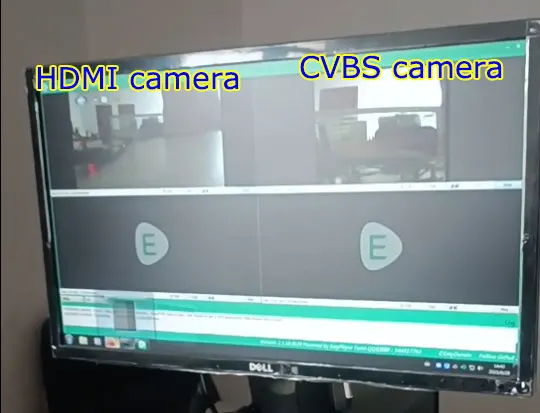
HDMI Video Sources Input IP Ethernet Output encoder, VLC RTSP operation
Industrial-grade temperature range from -40°C to 70°C Celsius test
Support HDMI and CVBS 2 video streams at the same time
How to get the IP address of the encoder back if you forget

